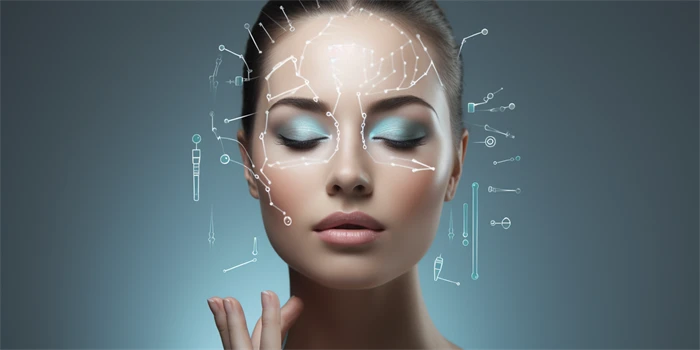Can I Eat Beef After Biocorneum in Houston?
Biocorneum, a revolutionary scar management gel, has gained popularity in Houston for its effectiveness in reducing the appearance of scars. However, many individuals wonder about the dietary restrictions, if any, following its application. Specifically, the question arises: Can one consume beef after using Biocorneum? This article delves into various aspects to provide a comprehensive understanding of the relationship between Biocorneum usage and dietary choices, particularly with regard to beef consumption.

Understanding Biocorneum
Biocorneum is a silicone-based gel that aids in the management and reduction of scars. It works by creating a protective barrier over the scar, which helps in retaining moisture and reducing inflammation. This process is crucial for the healing and fading of scars. The product is suitable for both new and old scars and is often recommended by dermatologists and plastic surgeons.
Dietary Considerations Post-Biocorneum Application
When considering dietary choices after using Biocorneum, it is essential to focus on foods that promote healing and overall health. Beef, being a rich source of protein, is generally beneficial for wound healing and tissue repair. However, the concern often lies in potential allergens or irritants in beef that might affect the healing process or the effectiveness of Biocorneum.
Allergies and Sensitivities
Individuals with known allergies or sensitivities to beef or its components should avoid consuming it to prevent any adverse reactions that might complicate the healing process. Common allergens in beef include certain proteins and additives. If you are unsure about your sensitivity, it is advisable to consult with a healthcare provider before including beef in your diet post-Biocorneum application.
Nutritional Benefits of Beef
For those without allergies, beef offers several nutritional benefits that can support the healing process. It is rich in high-quality protein, essential amino acids, and important nutrients like zinc, iron, and B vitamins. These nutrients are vital for tissue repair and overall health. Therefore, consuming lean cuts of beef in moderation can be part of a balanced diet that supports the effectiveness of Biocorneum.
General Dietary Recommendations
While there are no specific dietary restrictions directly related to the use of Biocorneum, maintaining a balanced and healthy diet is always recommended. This includes consuming a variety of fruits, vegetables, whole grains, lean proteins, and healthy fats. Staying hydrated is also crucial for optimal skin health and healing.
FAQ
Q: Can I eat any type of beef after using Biocorneum?
A: Generally, yes. However, if you have known allergies or sensitivities to beef, it is best to avoid it. For most people, lean cuts of beef can be part of a healthy diet that supports healing.
Q: Are there any specific foods I should avoid while using Biocorneum?
A: Biocorneum does not have specific dietary restrictions. However, it is always advisable to avoid foods that you are allergic to or that might irritate your skin. A balanced diet is recommended for overall health and healing.
Q: How long should I wait to eat beef after applying Biocorneum?
A: There is no specific waiting period. As long as you do not have allergies or sensitivities to beef, you can consume it as part of your regular diet.
Q: Can consuming beef affect the effectiveness of Biocorneum?
A: No, consuming beef should not affect the effectiveness of Biocorneum, provided you do not have allergies or sensitivities to it. Beef can actually provide beneficial nutrients that support healing.
In conclusion, for most individuals, consuming beef after using Biocorneum is perfectly safe and can be part of a balanced diet that supports healing. However, it is crucial to consider personal allergies and sensitivities and to maintain a healthy, balanced diet for optimal results.





